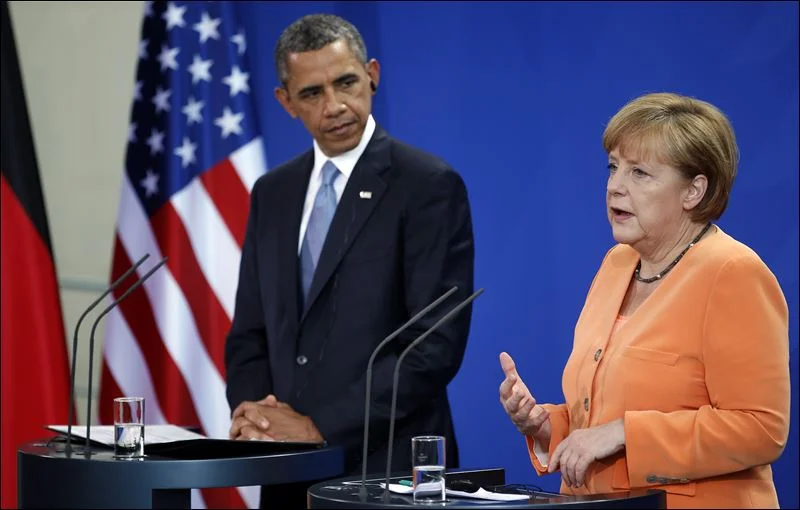Why are people complaining about what we positively want to happen?
There's a value to things like brands. Obviously, because we will buy things adorned with brands that we know, recognise and trust. Therefore they are valuable to their owners and they strive mightily to protect that value by making sure that the brand and products adorned with it can be trusted. This thus is a very odd complaint:
We do wonder about MPs at times you know
Well, everyone wonders about MPs at times. Where do they find them? How on earth does anyone end up voting for them? You know, the basic questions that anyone would ask when actually confronted with a few specimens of the beast. And then there are those specific specimens that really puzzle us. To take this from Siobhan McDonagh MP. She tweeted out the letter she had sent to Azzurri, the owners of the Zizzi chain of restaurants.
People are still haring off in the wrong direction
That the population in general is getting fatter is true. The western world is rapidly becoming one of fatty lardbuckets as far as the eye can see with distressing aesthetic results. However, it's very important indeed to understand that this is not because we are all eating more:
Perhaps the 1% improve poor peoples' health?
A rather interesting little finding from over The Pond concerning the connection between inequality and the health of the population. Over here we've had Michael Marmot insisting for decades that health inequality is to be explained by economic inequality. And Wilkinson and Pickett have been shouting that they are not just connected by economic inequality is the direct cause of ill health for all. At which point we get the American study into health and inequality and we find something a little different:
Politicians complaining about how politics works
The current complaint from these politicians seems to be that they don't like the way politics works:
This morning's Guardian produces a bit of a giggle
That's our first reaction, at least, to this story that a Welsh billionaire is willing to invest some of his own money in a rescue of the Port Talbot steel assets. The giggle coming from, no, not the idea that there is a Welsh billionaire, the thought that, well, yes, that's what we rather expect from people when they buy something. They use their money to buy the thing that they're buying. Seems a reasonable and logical idea to us but it's obviously caught The Guardian by surprise:












